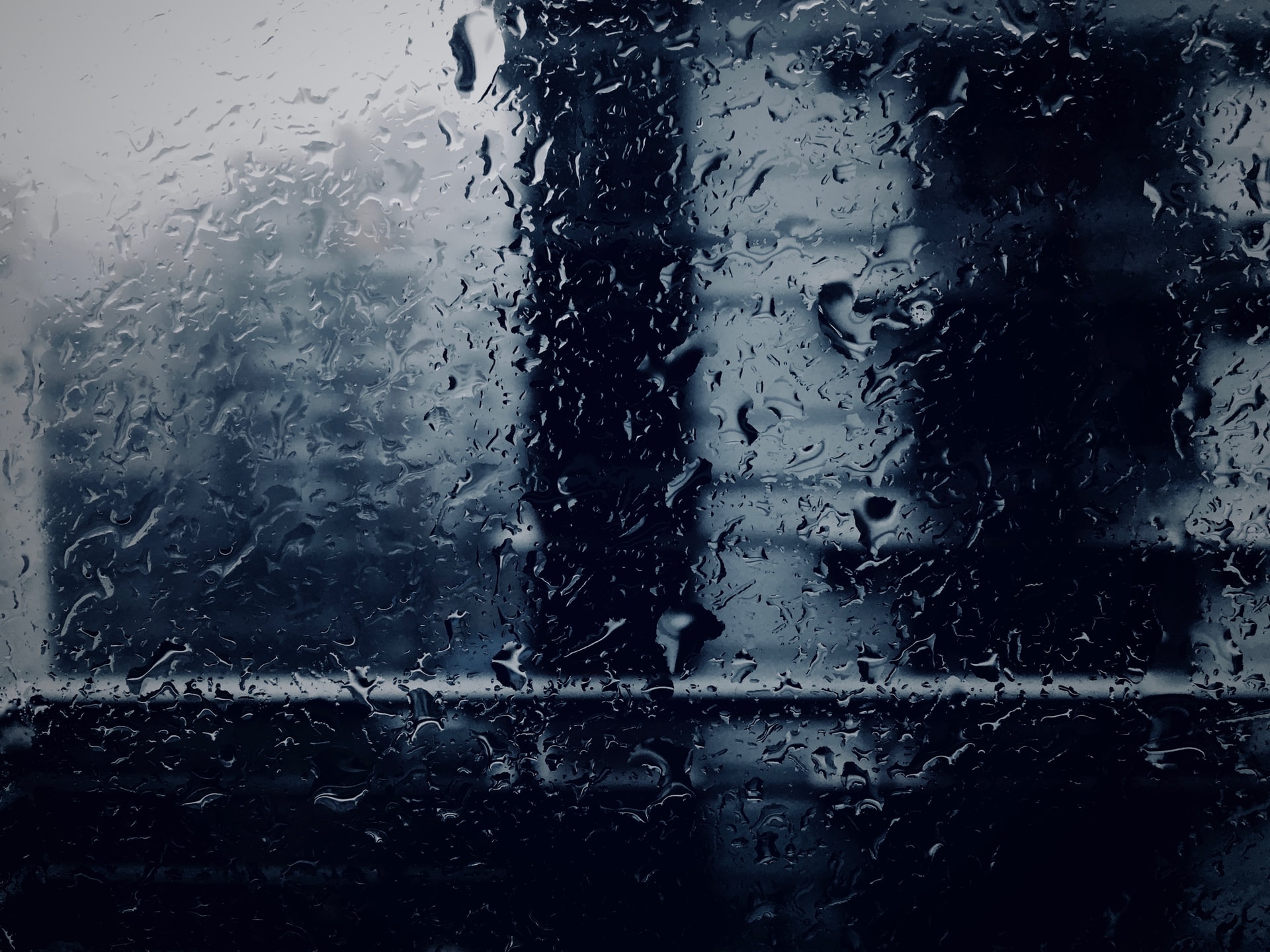by Nicole Yurcaba

Very rarely does a poetry collection capture the essence of the time in which it is written without inevitably fading after its moment has passed. However, with the Covid-19 pandemic ravaging the globe and isolation continuing to creep into everyone’s lives, collections like Shiksha Dheda’s Washed Away: A Collection of Fragments brings to the forefront the innermost pieces of one’s self that only work themselves to the surface under pressure and that few ever show others.
The power of Dheda’s collection lies in its vulnerability. From the collection’s beginning, readers encounter an open and honest speaker. One of the most poignant poems is “Gone fishing.” The speaker’s vulnerability is on full display in the first two lines: “I was fishing for answers / –in the murky waters of depression.” The speaker admits the “fish of meaning” they extracted “looked emaciated / and weak.” Readers follow the speaker as they attempt to help themselves by giving the fish a second chance: “I put them back into the pond, / hoping that one day, // when I looked for answers again, / they would come swimming, again.” The poem exudes hope in the face of emptiness, an emptiness that permeates the collection.
The cyclical nature of poems like “The find” grips readers and takes them through the everyday existence of someone living with a mental illness. Again, the speaker engages readers with an honest admission– “I do not know how it started.” From there, the poem descends into a seven-day cycle, during which the speaker finds themself engaging with a world where even the smallest speck of duck “appeared to be slightly larger than it had been the day before” and “the / drawing room seemed a little less straight than it had on Tuesday.” These observations quickly transform into physical actions where “all my laundry was washed thrice at 95 degrees Celsius and were / made to dry indoors” and “All the day of the week have been engraved on my hands in the / form of tiny red cracks and spots.” The mental illness’s physical manifestation acts as a turning point in the poem, and readers follow the speaker’s’ descent into a self-versus-existence tug-of-war.
This tug-of-war comes to full realization in the poem ‘Self-diagnosis.’ ‘Self-diagnosis’ is another snapshot of the speaker’s vulnerability. Alternating between single-line stanzas and longer narrative stanzas, the poem waxes and wanes beautifully, driven by statements like “I don’t know if I was depressed or not” and “Sometimes I am unable to / get into the shower at all.” Just as in “The find,” repetition creates a cycle, one of admission, recognition, and denial. Powerfully, the poem ends with the questions “Where do I begin? // How do I start to learn to live?” A shift into self-reclamation occurs, and by the time readers reach “Deadly companion,” they discover the true cause of the speaker’s perpetrator–OCD. “Deadly companion” names the perpetrator, and it opens with a forceful declaration: “Often my mind and I discuss you.” The speaker’s address and usage of the second-person pronoun “you” is not only an acknowledgement, but also an accusation, but readers sense that by naming the condition, the speaker is taking steps towards healing.
That healing finally emerges in the poem ‘Butterfly.’ This poem’s impact lies in its brevity. Consisting of five lines ranging from four to seven words in length, “Butterfly” displays a hope and a healing that other poems in Washed Away gloss over. Like the poem itself, the glimmer of hope offered is brief: “It flew with small pretty wings, / Even if just for a short while.” Nonetheless, the poem’s brevity and fleetingness mimic a butterfly’s flight, and it reminds readers that though the brightest moments may disappear the quickest, they are often the moments that offer the most hope in life’s darkest times.
With the emotional stalwartness of Yrsa Daley-Ward’s work and the fortitude of Plath, Dheda’s collection creates a moving reading experience. Its snapshots of emptiness and isolation will resonate with readers moving through their own pandemic-induced confinement. More significantly, through its openness and its vulnerability, Washed Away opens a much-needed conversation about mental and emotional health, and in the best way possible, it challenges readers to consider the needs of those around them in a world where the desires of the self often override and overshadow the sympathy and empathy needed for others.
Nicole Yurcaba (Ukrainian: Нікола Юрцаба) is a Ukrainian-American poet and essayist. Her poems and essays have appeared in The Atlanta Review, The Lindenwood Review, Whiskey Island, Raven Chronicles, Appalachian Heritage, North of Oxford, and many other online and print journals. Nicole holds an MFA in Writing from Lindenwood University, is the recipient of a July 2020 Writing Residency at Gullkistan, Creative Center for the Arts in Iceland, and is a Tupelo Press June 2020 30 for 30 featured poet. Her poetry collection Triskaidekaphobia is forthcoming Black Spring Group in 2022. She teaches poetry workshops for Southern New Hampshire University and works as a career counselor for Blue Ridge Community College.



Add your first comment to this post